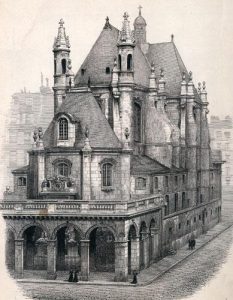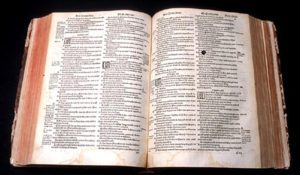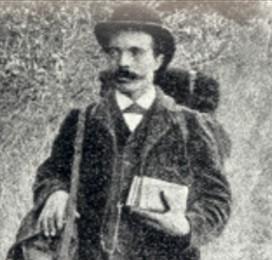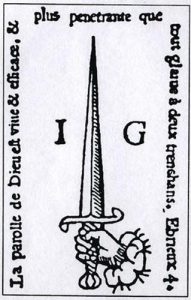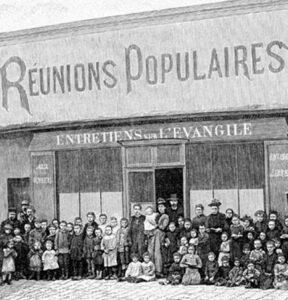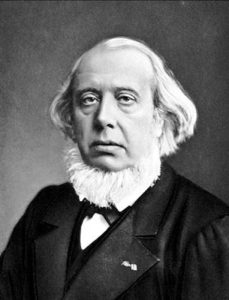Opposed trends of thought
In the 19th century the theological climate changed throughout the protestant community. Four main factors brought about a radical change in Protestant thought and spirituality:
- A new concept of knowledge, closely related to the profound changes due to Kant’s philosophy.
- The emphasis given to sensitivity as a result of romanticism.
- A new way of reading and understanding the Bible as a result of the historic and literary critique of texts.
- The secularization of society.
Several theological and spiritual trends marked and divided Protestantism in Europe, particularly in France : liberalism, Revivalism, orthodoxy and evangelical movements. Understanding the differences between them does not imply that they were dramatically opposed, or totally secluded the one from the other. They were often joined or associated and could be intensely related within the same person. Amongst the orthodox and the liberals some were against Revivalism, whereas others were influenced by it. Many tried to combine orthodoxy and liberalism. All were influenced by Schleiermacher and Vinet. But even in times of severe crises, the various points of view remained complex and liable to change. Some moved from Revivalism over to extreme liberalism, and even to free-thinking. The 1872 synod ended with the separation of orthodox and liberal movements.
At the end of the 19th century, debate moved to other subjects and became influenced by the movements of that fideo-symbolism and of social Christianity.

